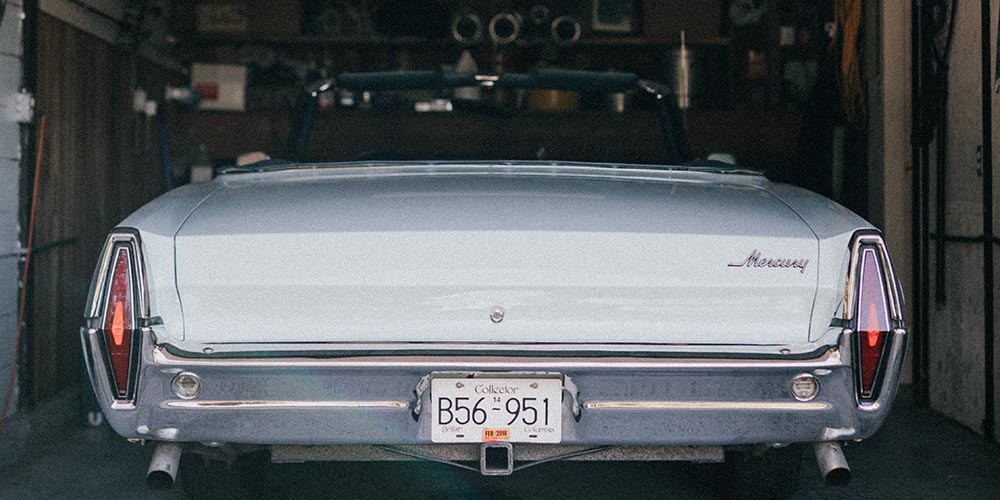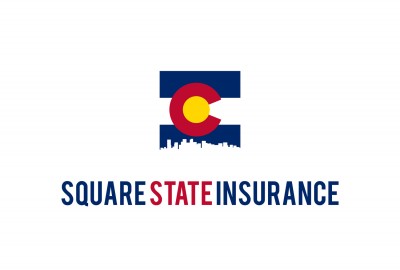Day after day, commercial after commercial, promises of savings and better auto policies flash on your television. Americans love to talk about switching and saving on their auto coverage, but here is a quick tip. The best way to save on your auto policy, and your insurance policies in general, is to learn more about your coverage options. Auto insurance FAQs range from simple “Do I Need Car Insurance” to much more complex questions. We’d like to guide you through some of the most common auto insurance FAQs so you’ll be informed and ready to find the best coverage for you.
Do I Have To Have Auto Insurance?
In some circumstances insurance is more of a choice than a requirement. However this is not the case with auto insurance. You need at least liability coverage wherever you drive in the US. What does this mean? Every vehicle you insure must offer liability coverage in the event that you’re “liable” or found at fault of an accident. The reason for this is simple. Another motorist could hit you, cause damage and bodily harm, and try to escape compensation for their actions. Mandatory liability insurance for every driver avoids this scary consequence. Like it or not, if you own a vehicle, you will need some degree of insurance. Note that liability insurance won’t cover any damage you inflict yourself. Here are a few other coverage options you can add to protect your vehicle:
Collision
Collision insurance is an add-on to a typical liability policy, and it applies to any damage done to the vehicle while driving it. This means if you damage your car and its your fault, collision coverage will still cover any repairs required up to a certain point. This is different than liability coverage, which insures you from damage you cause to other motorists. If you’ve just bought a vehicle with a loan, most financial institutions will require that you add collision to your auto policy to retain the value of your vehicle throughout the loan.
Comprehensive
Comprehensive is another optional auto policy that covers any damage sustained from an event, not including a collision. Comprehensive coverage won’t apply to items stolen in your car or running into an object while you’re driving. However, it will cover any vandalism, substantial cosmetic damage, or fires inflicted on your vehicle. People often mistake comprehensive coverage for collision, but they are actually two distinct different options in your auto policy.
Uninsured Motorist
While many drivers follow the law and buy at least liability insurance, there will always be drivers who try to shirk the law and drive uninsured. Even with state laws requiring this coverage and enacting penalties on those that don’t, it’s hard to recoup all damage to your vehicle from an uninsured motorist. Other states only require low limits of liability coverage, which can run out quickly in substantial claims. With so many untrustworthy drivers on the road, it’s wise to add this coverage to your policy.
Does Driving History Matter?
There are a lot of factors to be considerate of as you search for auto insurance and drive a vehicle in general. Some auto insurance shoppers may not realize that their previous driving record and motorist history will be factored into their auto insurance rate. This means that anyone with moving violations or accidents in their driving history may have a higher auto rate imposed on them versus drivers with clean records. Speeding tickets, previous collisions and other events you’re liable for could impact future policies you shop for. In short, drive safe and avoid those tickets if you want to get the best auto insurance rate possible.
Does My Policy Cover My Rental Car?
A common concern about auto insurance centers around the other vehicle you drive, namely any rental car. If you search online for a rental car, you’ll notice that carriers commonly don’t mention anything about primary coverage on their rental cars. This is because a typical auto insurance policy will also cover any travel in a rental car, with a few exceptions of course. You’ll need to be driving the rental car in the US to receive coverage on it. If you plan on renting a car elsewhere, you’ll need to investigate additional insurance coverage on it. Only those with valid insurance coverage listed on the rental contract will be covered. If your friend drives the rental car but is not included on the contract, your policy will not cover an accident they cause while driving.

What About The Valuables In My Car?
A common insurance claim concern doesn’t have to do with the vehicle itself, but rather the articles inside the vehicle. What happens if valuable items, such as electronics, jewelry, or other valuables, are stolen in my unattended vehicle? Comprehensive auto policies cover items like your car stereo or upgrades to the vehicle itself, but they do not cover any valuables stolen from inside the vehicle. Fortunately most homeowners and renters insurance policies cover items stolen from your vehicle (up to a certain value). So while your auto policy lacks in this regard, a renters or homeowners policy is indispensable when it comes to anything you keep in your vehicle, even temporarily.
I Drive For A Ride Sharing Company, Am I Covered?
Generally personal auto insurance policies will not cover any business activities. This includes an increasingly popular occupation of driving for ride sharing companies. Your auto policy will cover any driving outside of ride sharing business, but once you switch on your ride sharing availability, you’ll be subject to a different degree of liability. While many ride sharing companies offer a degree of coverage under their “driver policies,” any driver should know this coverage can be less than adequate in most situations. To learn more about the insurance coverage you truly need as a ride sharing driver, we suggest: Ride Sharing Coverage.
I Park In A Garage, Can I Get Lower Rates?
Another of the most common auto insurance FAQs comes in where you store your car. Since many claims can originate around what happens to your car even when you’re not in it, insurance customers often ask if they can get a discount for storing their vehicle in a safe place. A private garage is the most common example of this. While it is true that you may avoid claims like hail strikes, fallen trees, and other damage, there’s no guarantee you’ll actually store your car in your garage as far as insurance companies are concerned. Sure, it’s a luxury to have a garage, and it could potentially save you on future claims, but you won’t get a discount up front for it.

Still Have Auto Insurance FAQs?
Knowledge is power when it comes to saving on your car insurance, and we’re here to help if you have more auto insurance FAQs regarding your policy. Contact us at Square State Insurance today to get all the answers to your burning questions!

